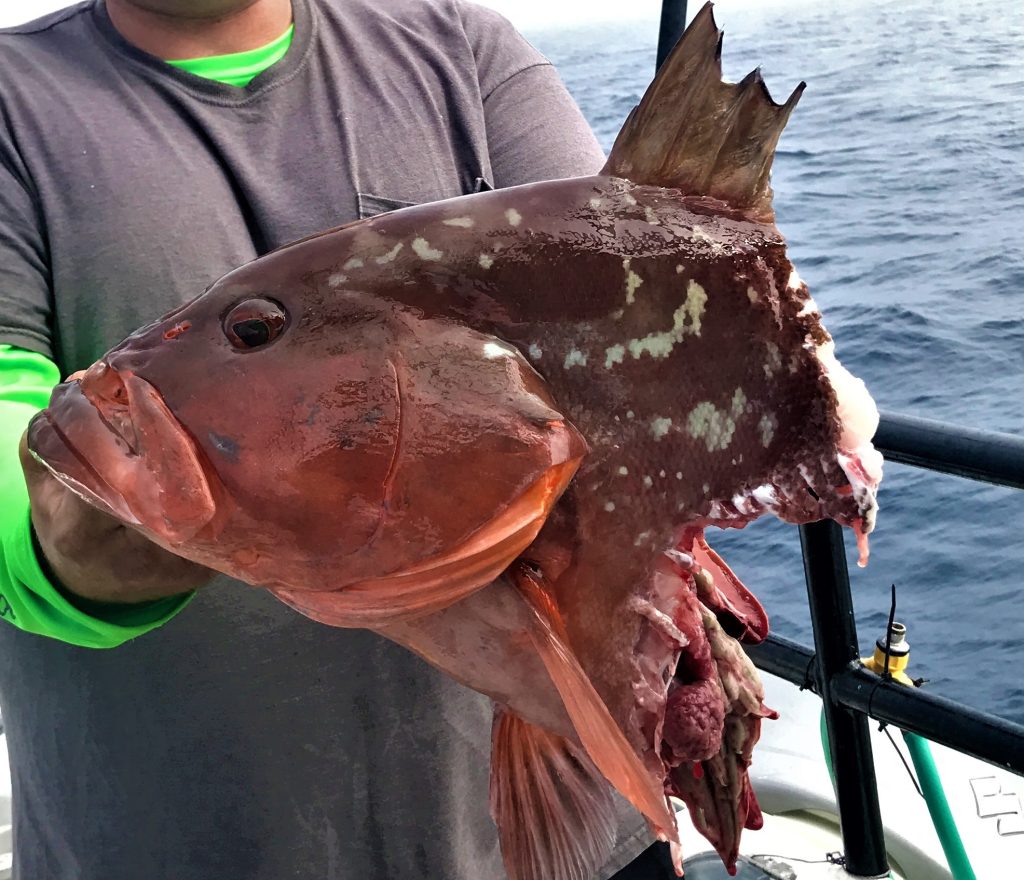
As anglers, we’ve all experienced that heart-sinking moment when reeling in our catch, only to find half a fish on the line. This frustrating phenomenon, known scientifically as shark depredation, its a global issue affecting fisheries worldwide. But did you know that this occurrence goes by many names, depending on where you’re casting your line? Let’s dive into the colorful and sometimes humorous terminology used by anglers around the globe to describe shark depredation.
North America: “Taxed” or “Sharked“
In the United States and Canada, anglers often say they’ve been “taxed” when a shark takes a bite out of their catch. It’s a tongue-in-cheek way of suggesting that the sharks are collecting their due. You might also hear the term “sharked,” which leaves little doubt about the culprit.
Australia: “Shark Tax” and “Bite-Offs“
Down Under, the concept of taxation continues with the term “shark tax.” Aussie anglers might also refer to these incidents as “bite-offs,” which is pretty self-explanatory. In the Great Barrier Reef area, you might hear the phrase “getting sharked” or “wearing the gray suit,” referring to the sharks’ color.
United Kingdom: “Sharked” or “Chomped“
British anglers rarely suffer but its an increasing problem in some areas. Brits tend to keep it simple, often using “sharked” just like their American counterparts. However, you might also hear the more descriptive term “chomped,” which vividly captures the violent nature of the act.
Caribbean: “Shark Attack” or “Half-Fish“
In the crystal-clear waters of the Caribbean, where shark encounters are common, anglers might dramatically declare a “shark attack” on their catch. The more resigned fishermen might simply refer to their partial catch as a “half-fish.”
Mediterranean: “Morso di Squalo” or “Ataque de Tiburon“
In Italy, you’ll hear “morso di squalo,” literally meaning “shark bite.” Spanish-speaking countries around the Mediterranean might use “ataque de tiburon” or “shark attack.”
South Africa: “Sharked” or “Bite-Off“
South African anglers often use terms similar to their Australian counterparts, with “sharked” and “bite-off” being common. You might also hear “half-a-fish,” reminiscent of the Caribbean terminology.
Japan: “Same ni Kuwareta“
In Japan, anglers use the phrase “same ni kuwareta,” which translates to “eaten by a shark.” It’s a straightforward description that gets right to the point.
While the names may differ, the frustration felt by anglers worldwide is universal. Shark depredation is more than just an annoyance; it’s a growing concern for fisheries management and conservation efforts globally. Understanding this issue and its prevalence can help anglers and researchers work together towards sustainable solutions like using Fishtek Marine Sports SharkGuard
So, the next time you’re swapping fishing stories with anglers from around the world, you’ll have a better understanding of what they mean when they talk about being “taxed,” “chomped,” or “wearing the gray suit.” After all, misery loves company, especially when it comes to losing the big one to a hungry shark!
